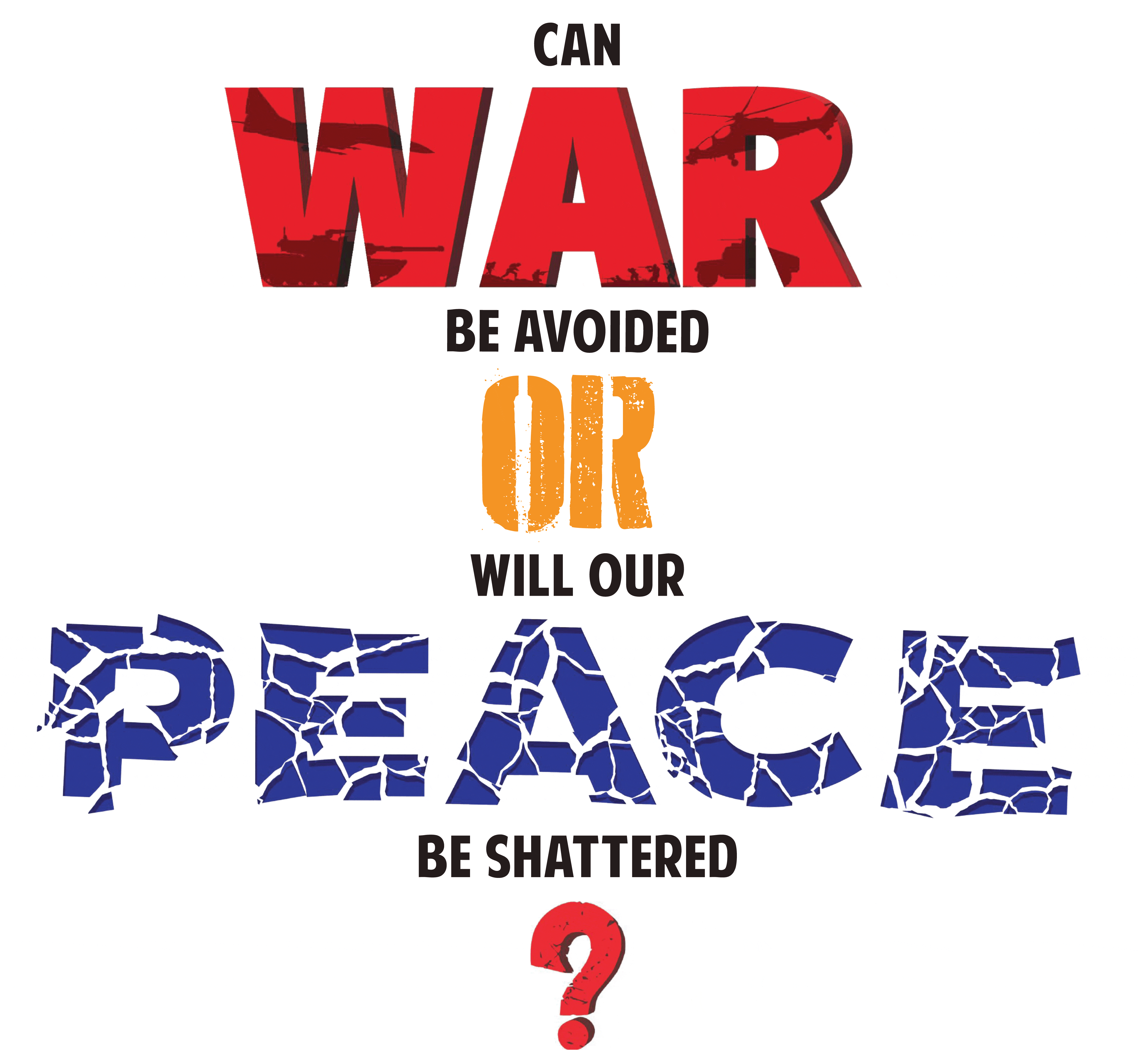

Dear friends
As 2023 begins, there has been a lot of drum-beating recently about the supposed inevitability of a war with China. But this is not the only perspective on the present situation! Raising Peace members the Marrickville Peace Group and Independent and Peaceful Australia Network are hosting an event at Marrickville Town Hall (and on live stream) this Sunday:
Can war be avoided or will our peace be shattered?
Hosted by Mary Kostakidis, the forum will feature a diverse and distinguished panel: Prof Bob Carr, Senator David Shoebridge, Dr Alison Broinowski and from the US, Col. Lawrence Wilkerson.
Sunday 19 March, 4.30 PM, Marrickville Town Hall
Come in person or watch online at the Marrickville Peace Group’s Facebook page.
Raising Peace will also share a recording of the event on our website.
We meet on the eve of the 20th anniversary of the invasion of Iraq. In 2003, before the War in Iraq began, millions of people marched in protest. Despite this, the invasion went ahead, because of lies told by the two chief war protagonists: the USA and the UK. Those lies destroyed trust in political leadership and redefine the meaning of citizen responsibility.
Lies succeeded in dragging us into the Iraq invasion. Is that pattern being repeated? Are we being led into a new war (against China) by new lies?
Since 2003, a continual process of military expansion, preparing the nation for war, has taken place. Respected defence strategist, Hugh White, has suggested that Australia is sleepwalking into a war with China.
As citizens, we, the people, need to wake up and act! Political leadership must be challenged. It is our responsibility is to ensure that war is avoided.
War creates terrible suffering, the loss of countless lives, the waste of untold resources. International co-operation, so urgently needed in the face of the climate crisis, becomes impossible. The costs of war are far too high, while the benefits of PEACE are immeasurable.
It is up to us to steer the nation in the direction of peace!
During March 2023 three reports to parliament, of vital concern, will be released:
The Defence Strategic Review,
The Report on War Powers Reform, and
The Report of the Submarine Task Force and AUKUS agreement (due 18 months after September, 2021).
We have a collective responsibility, a duty, even, to counter the lies. We must get Australia off the path that leads to war. This is a job for every body! |

